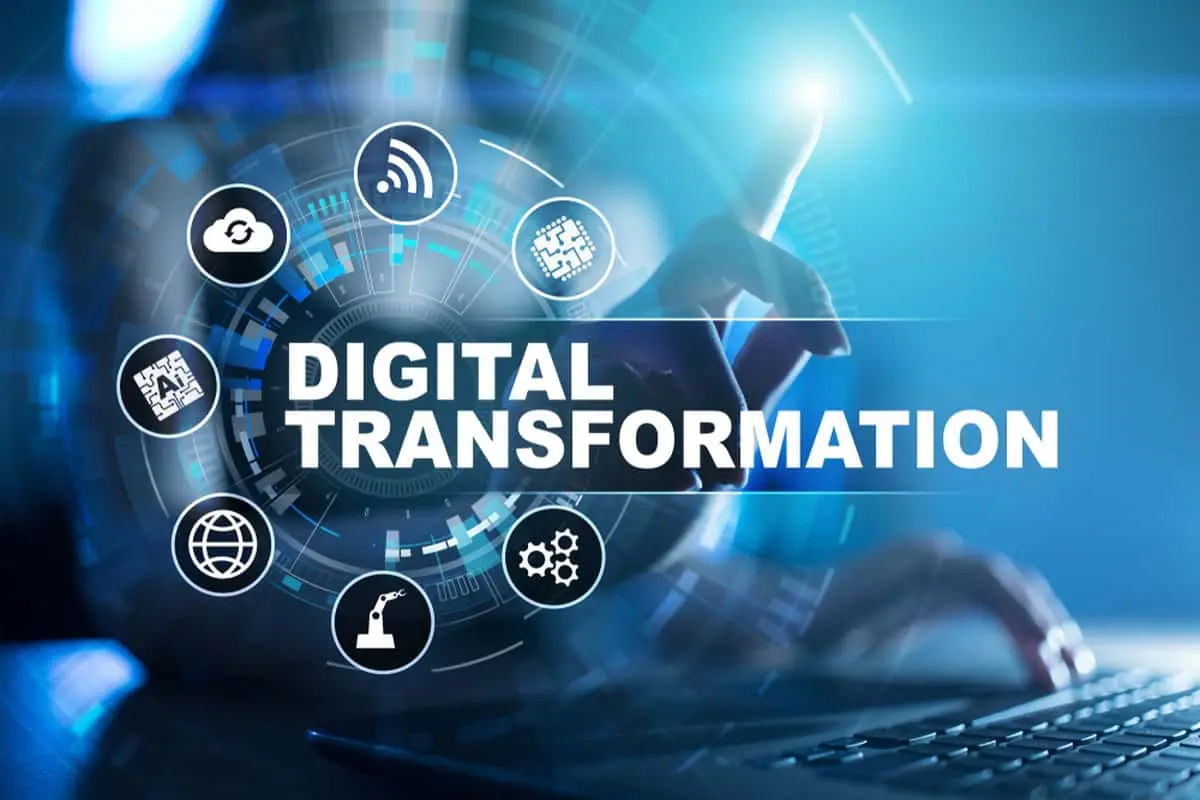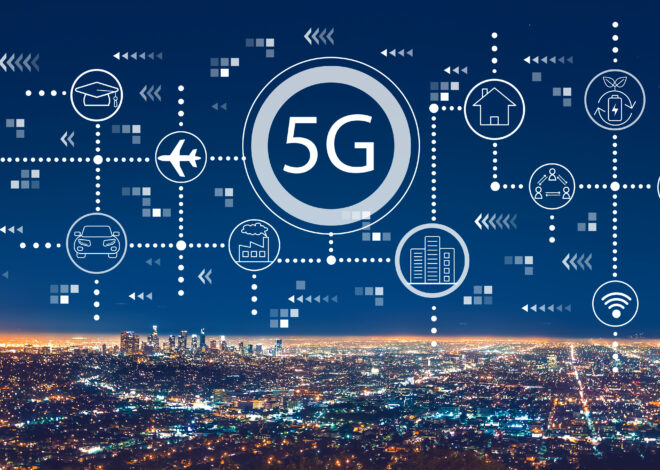
Degital Transformation: Internet Technology Shapes Our World
The internet, a vast global network of interconnected devices and information, has become an integral part of our daily existence. Internet technology has not only revolutionized the way we communicate but has also reshaped industries, economies, and societies. In this blog post, we will embark on a journey through the ever-evolving world of degital transformation, exploring its current trends, challenges, and its boundless potential in redefining our future.
The Internet Revolution
- Connecting the World: The internet’s primary function is to connect people across geographical boundaries. It has bridged gaps, enabling instant communication and information sharing.
- Economic Transformation: The internet has transformed industries, from e-commerce giants like Amazon to the gig economy driven by platforms like Uber and Airbnb.
- Information Accessibility: It has democratized access to information, empowering individuals with knowledge like never before.
Current Trends in Internet Technology
- 5G Connectivity: The rollout of 5G technology promises blazing-fast internet speeds, enabling innovations like the Internet of Things (IoT) and augmented reality (AR).
- Artificial Intelligence (AI): AI is becoming more integrated into internet services, enhancing personalization, automation, and decision-making processes.
- Cybersecurity: As our reliance on the internet deepens, cybersecurity becomes paramount. The battle against cyber threats and data breaches continues to evolve.
- Cloud Computing: Cloud technology is the backbone of modern internet services, offering scalability, flexibility, and cost efficiency.
Challenges in Internet Technology
- Digital Divide: While the internet has connected much of the world, the digital divide persists, with many still lacking access.
- Privacy Concerns: Data privacy remains a concern, leading to debates about the ethical use of personal information.
- Cybersecurity Threats: As technology advances, so do cyber threats. Protecting digital assets and personal information is an ongoing challenge.
The Future of Internet Technology
- IoT and Smart Cities: The Internet of Things will continue to connect devices, revolutionizing daily life, and contributing to the development of smart cities.
- Blockchain: Blockchain technology has the potential to disrupt various industries, providing secure and transparent transactions.
- Virtual and Augmented Reality: VR and AR technologies will reshape entertainment, education, and even remote work experiences.
Internet Technology’s Societal Impact
- Remote Work: The COVID-19 pandemic accelerated the adoption of remote work, highlighting the internet’s role in maintaining business continuity.
- Education: Online education platforms have expanded access to learning opportunities, transcending geographical limitations.
- Economic Inclusion: The internet can empower underserved communities through e-commerce and digital financial services.
Conclusion
Internet technology has evolved into a transformative force that shapes our world in profound ways. It has connected us, empowered us with knowledge, and catalyzed innovation across industries. As we navigate the challenges of the digital age, we must harness the potential of degital transformation responsibly, ensuring that it remains a force for positive change in our rapidly evolving world. In the digital realm, the possibilities are limitless, and the journey has only just begun.



